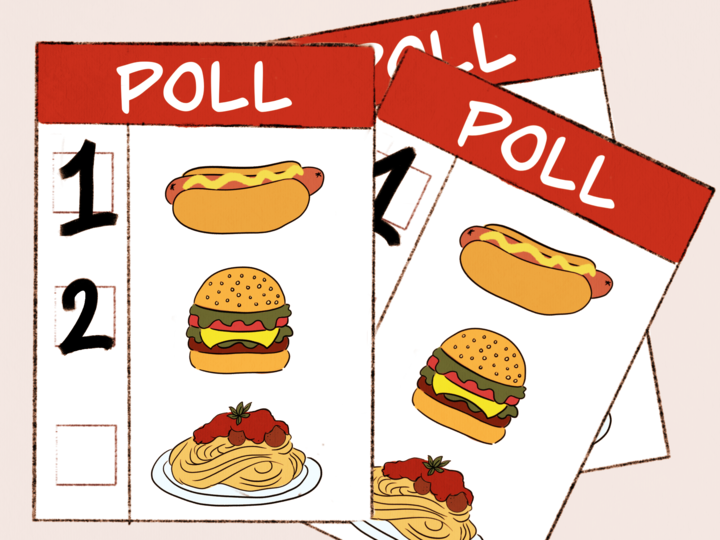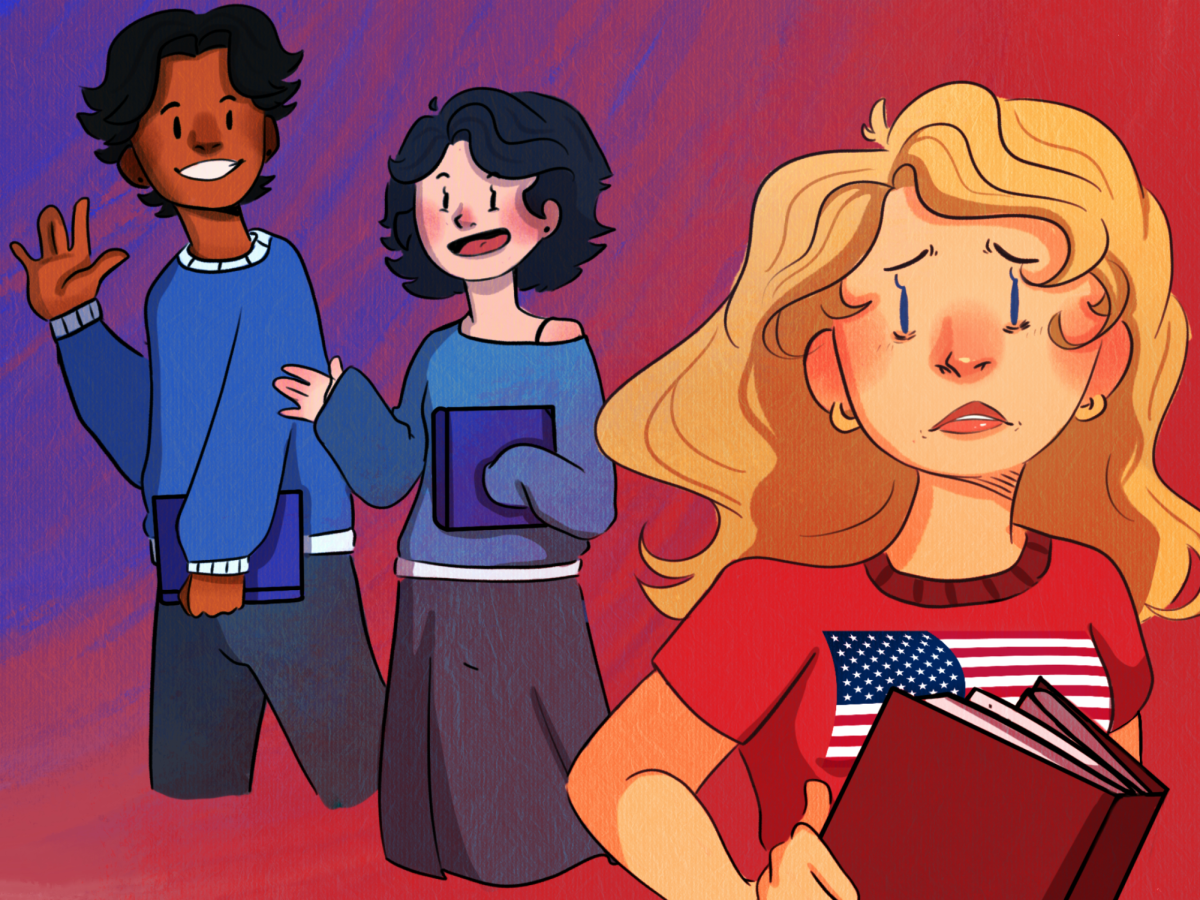A recent study by CNN showed that a whopping 86 percent of Americans polled feel that our government system is broken and ineffective. Of that 86 percent, 5 percent of Americans feel the system is wrecked beyond repair.
This reveals a bleak outlook for not only those well versed in the detailed political process, but the average citizen as well. The American people feel the government deserves a failing grade. Obviously, at least one member of our national government feels the same way — strongly enough to permanently and totally remove himself from politics. According to a written statement issued by President Barack Obama, he has “”fought tirelessly for Indiana’s working families, reaching across the aisle on issues ranging from job creation and economic growth to fiscal responsibility and national security.””
So what has the nation come to when not only its constituents but also its leaders have reached the same negative determination — that our government is so beyond repair that it’s better to simply remain uninvolved? This apathetic, and somewhat hopeless, attitude opens the door to a much larger issue. It’s about time someone stood up and publicly admitted that American government and politics are in need of repair.
With any hope, this will open the eyes of other politicians, as well as average Americans, and nudge them into the pathway toward a positive and beneficial turnaround. If anything comes from this, let it be the revamping of a declining
political process.
— “”State of government disappoints citizens,””
The Howard University Hilltop editorial staff, Feb. 24
Credit, and borrowing in general, is kind of iffy for college-aged people.
Some of us are responsible. But it’s safe to say some among us aren’t fiscally savvy. Either way it’s a dangerous endeavor.
That’s why the U.S. government saw fit to protect us with legislation that took effect this week. Basically, the bill reserved credit card responsibilities for those older than 21; those students under 21 can still get a credit with parental approval … Most of the people using cards on the machines will use debit cards which pose no borrowing threats. But a few bucks here and there falling through the cracks are likely to hurt students’ bank accounts when using a card to buy a bag of chips.
On the other hand, small vending machine purchases could help build up credit. Applying for a loan after college may be hard for someone with no established credit.
Caution and responsibility are how people can avoid getting in trouble. As some of us know, debt can be crippling. We took our free T-shirt to sign up for a credit card and get access to “”free”” money. A new TV, a 10-pound bag of gummy bears, a surfboard? Ring it up.
There was a time when using a credit card to buy consumables — food or concert tickets, for example – was considered stupid. Borrowing money to pay for groceries? How fiscally irresponsible. Older generations are probably baffled by the move, believing credit should solely be used to buy assets.
The future is coming. Soon we’ll eat our food in pill form, our cars will fly, everything will look like the ‘80s in neon and money will be on plastic. Cash won’t exist. Banks won’t have to lock their vaults. Kids will have to buy their drugs with a card. Dealers will have to lug around card readers to poison the youth.
— “”Careful with credit,””
The Ball State University Daily News editorial board, Feb. 25
Often, we think of our professors as people who travel back and forth from their offices to the classroom with no social life in between. We may hear them say they stayed up all night grading our exams or used the weekend to write their dissertation papers.
However, it’s good to know that professors are far from being just academic drones. Part of what makes them so good at what they do is when they bring their original personalities, hobbies and interests to the classroom. That is when things can really get interesting.
Examples include one professor who likes to change up his usual lectures on political science with entertaining stories about him and his wife. Another professor in the school of journalism uses pictures of her 11 dogs for students to use in class projects. And a person in the library makes videos retelling the history of her family’s life in the circus.
Professors can offer so much besides homework help or clarification of assignments. We should take advantage of the time we use in school to not just go to classes but visit our teachers more and get to know them. It’s not a coincidence that professors are required to have office hours during the week.
This is the time they can tell us stories and have relaxed conversations about their experiences that they don’t have time for in the classroom. And it’s even better that it is one-on-one.
We often hear that those older than us are wiser and that we should learn from them. They have been through more and aren’t our parents, so they can really offer up a fresh perspective on life.
Plus, they may become even more valuable references if we have a relationship with them outside the classroom. Finally, the people you’ll be working for will probably be older, so it’s good to know now how to communicate with the older generation.
— “”Appreciate the person in your professor,””
The Marshall University Parthenon editorial board, Feb. 25








